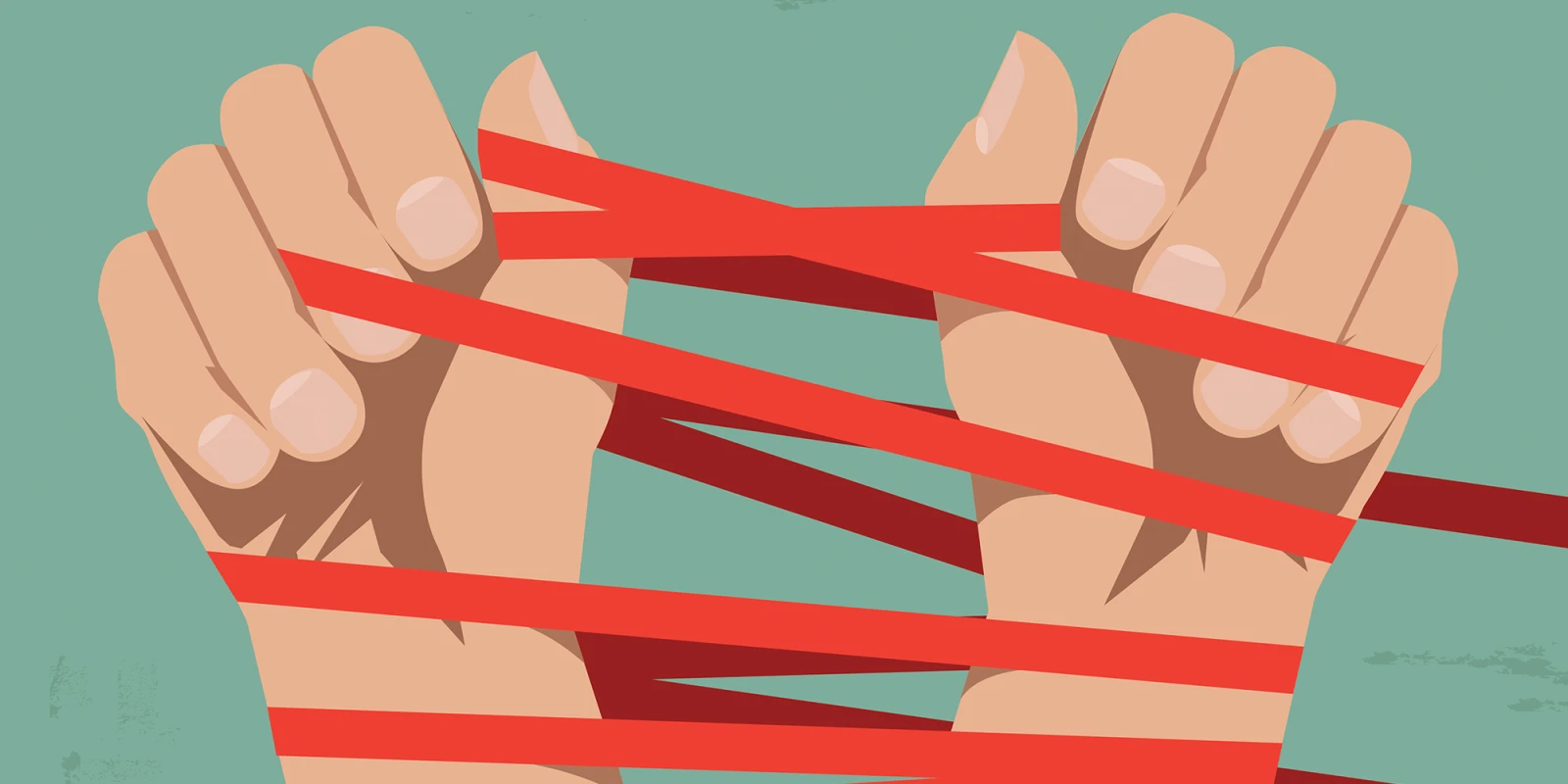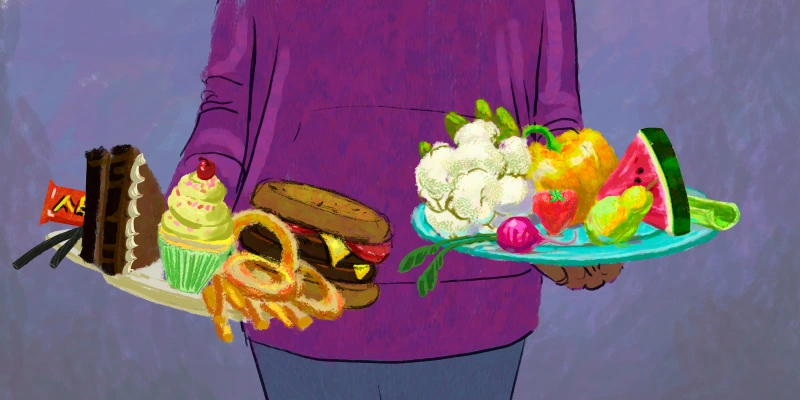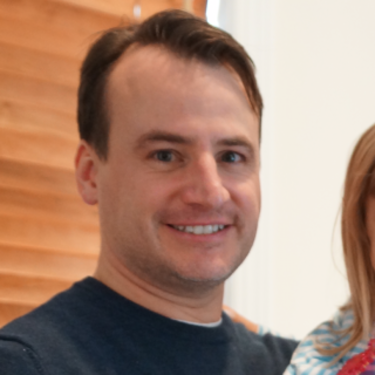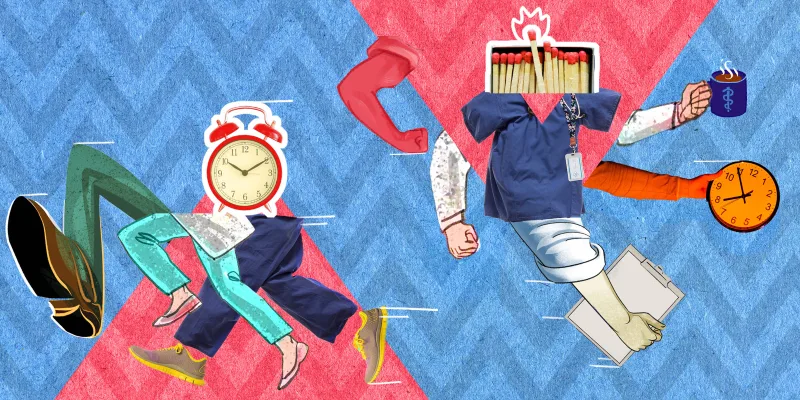
In the current healthcare environment, we have reached a breaking point where the external requirements forced upon us by regulatory and insurance agencies create barrier upon barrier between us and what really matters – taking care of the patient.
These range from “meaningful use” to EMTALA policy on transferring patients (if you work in a rural area like me, you will know what I am referring to) to “prior authorizations” to the EHR documentation requirements. The piling up of these obstacles has buried me — to the point where I feel so impeded in the ability to provide the actual, necessary, and appropriate patient care, that it is as if one hand has been tied behind my back. Why is that all of these agencies, who never have and never will lay eyes on my patients, feel they somehow know better than me how to take care of them? In oncology, we take care of an often critical and vulnerable population. Time is of the essence. Yet these agencies and policies impede and delay patient care, as I am thwarted and encumbered at every turn. These are the top seven examples from my own practice, as my one free hand reaches out from the bottom of the pile.
1) I can’t order any chemotherapy anymore without the “approval” of a non-oncologist at the insurance company who has never laid eyes on my patient. But I’m the one that went through sub-specialty training and board certification in order to have expertise in treating cancer. Not to mention my fifteen years of oncology experience.
2) If I need to admit my patient to the hospital, the “medical necessity” is questioned (by a non-physician), and the patient is often punished by being put initially on “observation” status, which costs the patient more money out of pocket (for which the patient blames me).
3) If my patient has a chemotherapy complication, such as neutropenia, I may not be able to treat it in a timely manner with a medication (such as granculocyte-colony-stimulating-factor) because it requires “prior authorization,” yet I don’t have a crystal ball to know which patients will need it and when. I think it’s only a matter of time before antibiotics fall into this category, and then where will we be? “I’m sorry Mr. Jones, you’re neutropenic and septic, but I can’t give you the I.V. antibiotics to save your life because I didn’t get prior authorization two weeks ago when you were afebrile and had a normal white blood cell count…”
4) After hours, on my “own time,” I madly triage all new referrals to attempt, by chart review, to estimate what chemotherapy I will need to give them. I do this so I can start the insurance “prior authorization” before the patient sets foot in the door, so I have a chance of treating them in a timely manner (especially if urgent). Yet, the information in the referrals might be incomplete, so my best estimate might not be what I end up recommending after the full consultation, so we’ll have to wait another 2–3 weeks to treat the patient. Darn. Where is that crystal ball when you need it?
5) I have to constantly battle the insurance companies for the appropriate kind of imaging studies to provide proper patient care. The imaging tests I ordered are always approved. Every. Single. Time. Yet, I spend countless wasted hours writing appeal letters and on the phone. Maybe the insurance companies could start tracking this? Like motor vehicle accident coverage. When you prove your performance, you should be put in a better category because if 100% of my appeals are approved, WHY DO I HAVE TO KEEP SUBMITTING APPEALS? Here’s an idea – acknowledge that I know what I’m doing, and approve my initial request.
6) Then my “patient star ratings” go down because my next patient is kept waiting while I’m on the phone with the insurance physician, who will cancel the appeal and I’ll have to start over from the beginning if I don’t take their call when it’s convenient for them. Oh, and they don’t take calls after 5 PM. And they close the appeal if you don’t respond the same day. Say what? Did they ever practice medicine, in the real world, on real patients?
7) Then, the regulatory folks want to know – hands-on-shoulder, pinched-brows-of-concern, we-care-about-you-really smiles – “how can we cut down waiting times?” I don’t think they really want to hear my answer…
Dr. Jennifer Lycette, MD is a medical oncologist in community practice for 11 years. She works and resides on the North Oregon Coast, where she lives with her husband and 3 children. Her personal blog, The Hopeful Cancer Doc, includes her writings on practicing oncology, maintaining hope in medicine, work-life balance, and various other musings.







